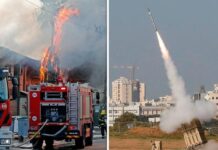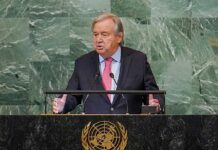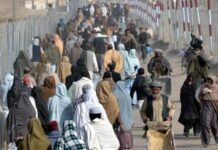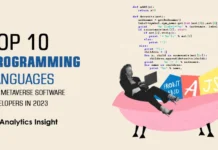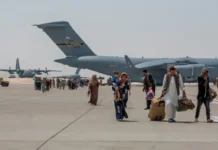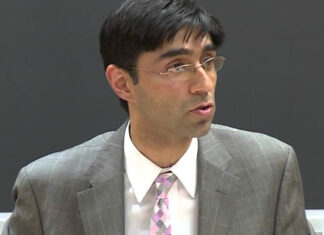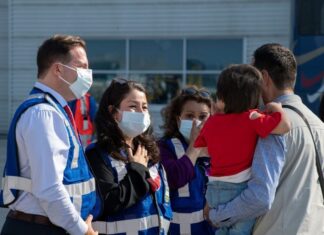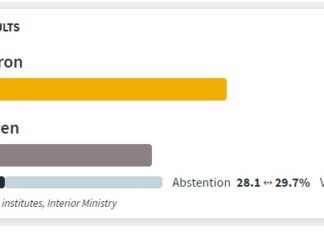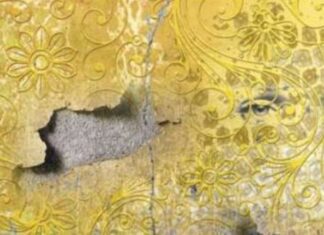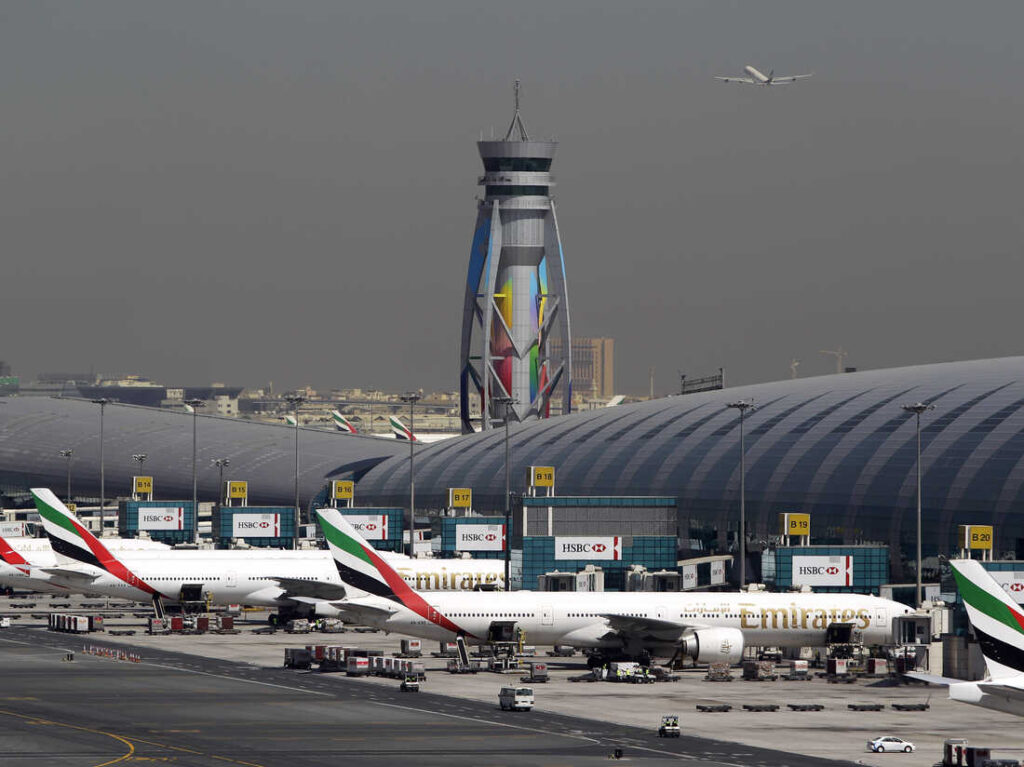
Yemen’s rebel Houthi movement said Monday it had carried out a military attack on the United Arab Emirates as authorities in Abu Dhabi, the capital, announced suspected drone strikes targeted an industrial area and the airport, killing three people and wounding six others.
The UAE’s state news agency quoted Abu Dhabi police as saying that a Pakistani and two Indians were killed in the incident, which it earlier said could have been carried out by drones.
Police said three petroleum tanker trucks exploded in an area close to Abu Dhabi’s port, near storage facilities used by the Abu Dhabi National Oil Company. Separately, a “minor fire” occurred in a construction area of Abu Dhabi’s International Airport, the statement said, adding that a preliminary investigation found objects that were possibly drones in the two locations.
Missiles fall on Saudi Arabia, but war in Yemen can seem like an afterthought
The rebels, known as the Houthis, are supported by Iran and have frequently carried out drone attacks during Yemen’s years-long civil war that has pitted the them against an array of local factions, including the country’s Saudi Arabian-backed government.
The Houthis have also claimed responsibility for missile and drone attacks beyond Yemen’s border, mostly targeting areas in Saudi Arabia but also the UAE — claims that were previously denied by the Emirati authorities.
In September 2019, a series of drone strikes claimed by the Houthis badly damaged Saudi oil facilities, knocking out half the kingdom’s output for days.
The attacks Monday — carried out nearly 800 miles from Houthi-controlled territory —were the latest sign of how the war, which has killed tens of thousands of people since it began seven years ago and sparked one of the world’s worst humanitarian crises, continues to destabilize the Persian Gulf region. It also showed the Houthis’ increasing mastery of armed drones, believed to be supplied by Iran.
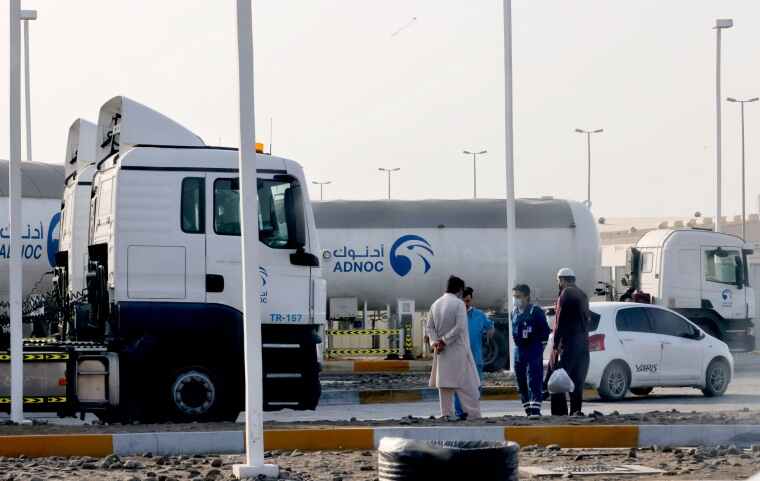
Nasraddin Amer, the deputy minister of information in Houthi-controlled Sanaa, the Yemeni capital, confirmed that the rebel forces had carried out an attack and said it was launched in response to the “UAE’s escalation” in Shabwa and Marib, two contested provinces in Yemen. The UAE has backed anti-Houthi factions in the war.
For the past year, fighting has been largely focused in Yemen’s central Marib province, home to key oil and gas infrastructure that is controlled by the internationally recognized government. The Houthi advance on Marib has caused a displacement crisis and hampered international efforts to put an end to the war.
More recently, fighting has picked up in nearby Shabwa province. Last week, the Giants Brigade, a Yemeni force backed by the UAE, reportedly announced that it had wrested control of Shabwa from the Houthis.
The attack amounts to a “signal” or a “negotiating statement,” from the Houthis, said Abdulghani al-Iryani, a senior researcher at the Sanaa Center for Strategic Studies.
How the Emiratis react will determine whether it results in a major escalation in the war, he said. But there was little doubt, he added, that the Emirati response will include “fierce airstrikes in Sanaa.”
“That is for public consumption,” he said, referring to the possible retaliatory airstrikes. “The real response is what they will do with the forces” the UAE backs in Yemen, he said.
Fahim reported from Istanbul and O’Grady from Cairo. Ali Al-Mujahed in Sanaa, Yemen, contributed to this report.
Report by:
Report by: washingtonpost


